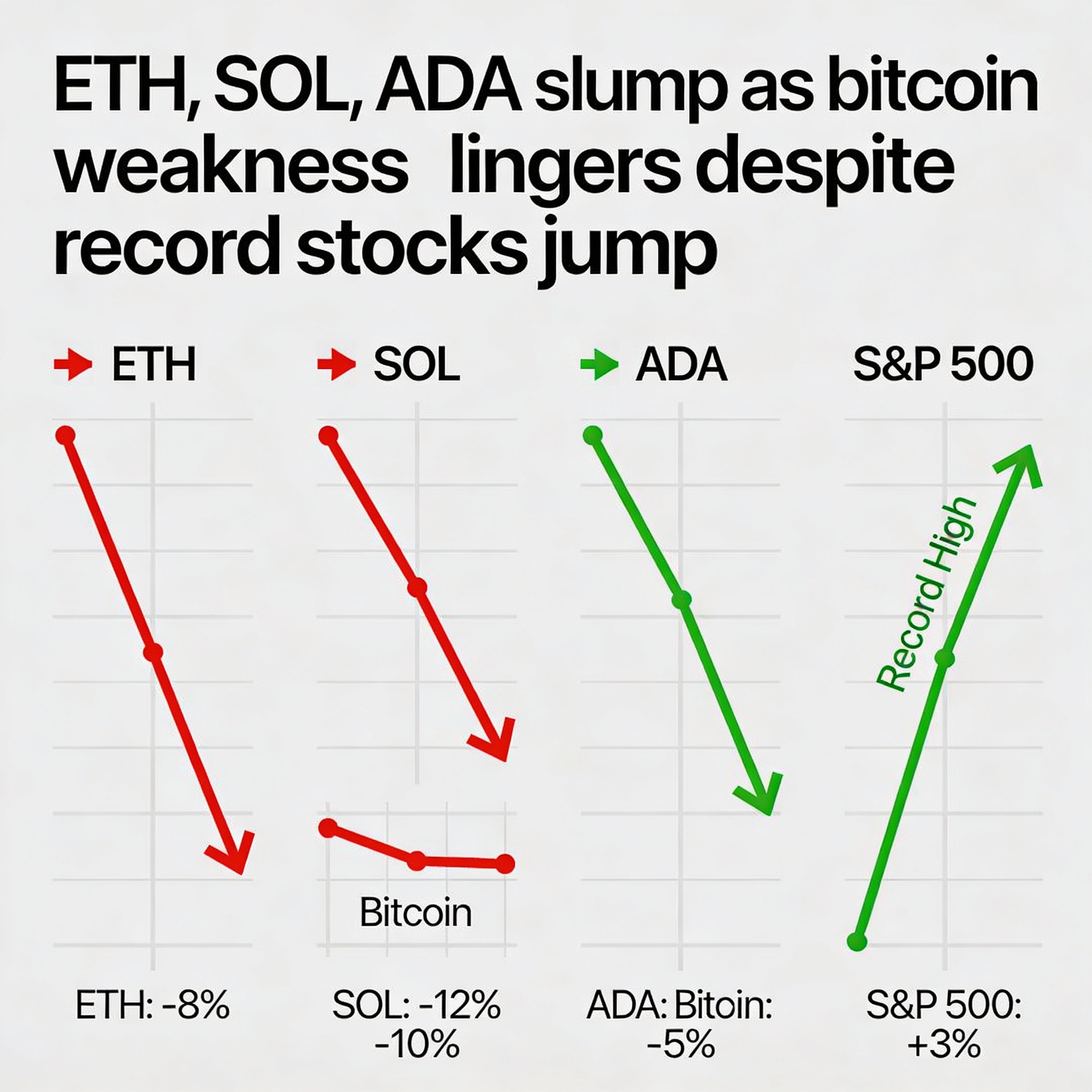Visa Rebrands DeFi as ‘Onchain Finance,’ Targets $670B Stablecoin Lending Market
Visa is moving deeper into the world of decentralized finance — now rebranded as “onchain finance” — as it seeks to provide the infrastructure connecting banks, funds, and blockchain-based lending platforms.
In its latest report, “Stablecoins Beyond Payments: The Onchain Lending Opportunity,” the payments giant outlines how traditional financial institutions could participate in programmable lending protocols using Visa’s compliance, data, and custody infrastructure.
The company, which processes nearly $16 trillion in annual payments, argues that stablecoin lending has evolved into a mature credit market, with more than $670 billion in loans issued since 2020. Activity has surged to record highs in 2025, signaling that stablecoins are becoming a foundation for automated, real-time credit systems.
Visa’s research highlights how this new wave of onchain finance extends beyond trading and speculation. Protocols such as Morpho allow institutional investors to lend against tokenized bitcoin collateral, Credit Coop (a Visa partner) uses smart contracts to manage merchant receivables, and Huma Finance facilitates cross-border business loans with recycled liquidity generating double-digit yields.
The firm’s approach mirrors its traditional financial model: Visa won’t issue tokens or take lending risk but will provide the technological backbone — from APIs and analytics to settlement systems — that allows institutions to integrate with decentralized lending markets securely.
The rebrand from “DeFi” to “onchain finance” reflects a strategic shift toward regulatory alignment and institutional acceptance in the post-GENIUS Act era. By replacing crypto-native language with more accessible terminology, Visa aims to position blockchain credit as an extension of conventional finance rather than its alternative.
Visa’s ambitions are clear: just as it built the world’s payment rails for card transactions, it now wants to build the rails for programmable credit — connecting traditional institutions to the fast-growing world of onchain lending.





